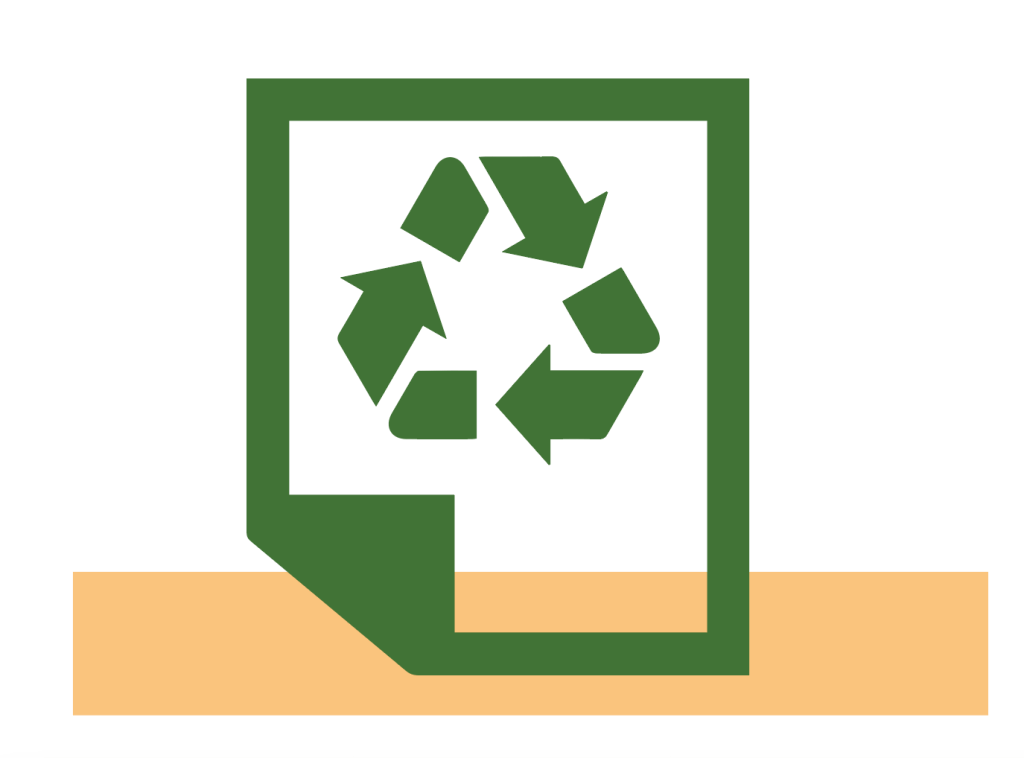

St Paul’s Cathedral is taking action to help prevent a Climate Emergency
Will you join us?

Here’s how we’re reducing our carbon footprint;
how can you reduce yours?

- Minimising printed materials
- Recycling & avoiding single-use plastics
- Cutting out harmful cleaning chemicals
- Sourcing recycled & sustainable supplies

- Encouraging public transport use
- No unnecessary heating or cooling
- Energy-efficient lights and appliances
- Divest from fossil fuels

Encouraging public transport use
By categories of economic sector, transportation including private cars generates the largest share of global emissions at 29 percent.1 To make a difference, we must see a shift away from the excessive burning of fossil fuels into cleaner forms of getting around our city. With a world-class public transportation network, Melbourne is incredibly connected. At the heart of the CBD, St Paul’s Cathedral is perfectly placed to be reached by virtually every transportation option. The Cathedral strongly encourages staff, visitors, and worshippers alike to take advantage of the transportation option available to them. To back this initiative, microloans for the purpose of purchasing bicycles have been made available to Cathedral staff members. When we plan our trips, we can all consider whether we need to drive, or whether we can hop on a bike or make use of our Myki cards.
[1] https://www.epa.gov/ghgemissions/sources-greenhouse-gas-emissions

No Unnecessary Heating or Cooling
Heating and cooling devices consume an enormous amount of electricity. A small unit, cooling a single room, may consume as much power as four refrigerators. There are as many as 1 billion single-room air conditioners in the world right now, and it is estimated that air conditioning uses around 13 percent of all electricity worldwide.2 To do our part in cutting down wasteful consumption of electricity, St Paul’s ensures that air conditioning is switched off for spaces that are not in use. To change our habits, we must reconsider whether our use of air conditioners and heaters are necessary – and leave them switched off if it is not.

Energy efficient lights and appliances
Switching off lights and using efficient bulbs may seem like a drop in the bucket, but it has a bigger impact than we might assume. Though renewables are playing a larger part than they once did, here in Australia 85 percent of our electricity still comes from fossil fuels.3 St Paul’s Cathedral has transitioned from wasteful halogen light bulbs to efficient LED lights throughout the precinct. Using less electricity every day with efficient bulbs means less consumption of polluting fossil fuels. We can all do our part to cut down the electricity we consume by turning off the lights when we leave a room, and make sure we are only using efficient bulbs.

Cutting out harmful cleaning chemicals
In 2018 the Cathedral completed an audit of every chemical kept on site for cleaning and maintenance. This register of chemicals is kept up to date and used to minimise the use of environmentally destructive products wherever possible. The volume of chemicals being washed down household drains in Australia is becoming too much for treatment plants to process entirely, which has knock-on effects to the environment.4 We can cut down our contribution by considering the cleaning products we use and looking out for environmentally harmful compounds in their contents.

Write a Letter
Write to your Local MP, Minister for Environment or the Prime Minister to call for greater action to prevent a Climate Emergency:
- Write to the Prime Minister and the Minister for the Environment to tell them to urgently take action to mitigate climate change. Ask them what they have done to reduce emissions, phase out fossil fuels, or invest in clean energy. Ask them why they plan to do.
- Write to, call, or make an appointment to see your your local MP
- Download tips and keypoints to include to write an effective letter.

Divest from Fossil Fuels
If we are to have any hope of mitigating the climate crisis, we simply cannot continue to burn coal, oil, and gas. Billions of dollars globally continue to be invested into dirty energy companies and new fossil fuel supply projects.5 We cannot afford to continue subsidising the destruction of our environment. And yet, instead of scaling back production the biggest polluters are working hard to increase fossil fuel extraction, backed by taxpayer’s money. Anglican Funds Melbourne, which manages the investment funds of the Cathedral along with all other parishes and agencies of the Anglican Diocese of Melbourne, has strict guidelines to prevent investment in companies with material investment in fossil fuels. We call on all organisations, both secular and religious, as well as individuals, to immediately divest in fossil fuels and to invest in renewables instead.

Minimising printed materials
Though more environmentally friendly than plastics, the production of paper still releases harmful chemicals into the air, contributing to greenhouse gas emissions. St Paul’s Cathedral uses a ‘paperless’ model in our offices, where staff are encouraged to avoid printing wherever possible. Files are stored electronically, and we work to find new ways of cutting out paper waste by assessing resource-intensive processes and evaluating how they may best be improved: while printing service sheets use a lot of paper, during the present pandemic they are safer to use than our re-usable service cards.

Recycling and avoiding single-use plastics / Sourcing recycled and sustainable supplies
Australians are the second highest producers of waste per person, in the world, after the USA.6 Avoiding wasteful disposable items helps cut down the amount of materials we send to the landfill, and reducing and reusing materials is a key step in minimising our impact on the environment. To ensure we do our part we have cut out disposable kitchen items, avoid single-use plastics such as packaging and bags, buy recycled office supplies whenever we can, and are careful to recycle wherever possible. We can all change our habits by thinking about what we put in the rubbish – could we have avoided buying that in the first place?

Advocacy
St Paul’s Cathedral is proud to be an inaugural signatory of the TAKE2 pledge to reduce carbon footprints.
Making your voice heard is key to help save the planet. We must demand action be taken to stop climate change. Here are some things you can do:
- Attend local government meetings where possible to push for change.
- Ask your employer what they are doing to reduce waste in your place of work.
- Support organisations such as Sustainability Victoria in their efforts to raise awareness.
- Tell your financial organisation to divest in fossil fuels. In the last 13 years Westpac, Commonwealth, NAB and ANZ have loaned almost $19 billion to new coal and gas projects in Australia. Tell your bank to divest or even consider switching to a bank that does not invest in fossil fuels. See where your bank stands.
- Join in protest action. Making yourself seen and heard is the best way to put pressure on decision makers to change their attitude towards climate change. Consider joining groups in your community to support protest action.

Self audit your energy use
In 2013 we undertook an emissions audit, which identified the use of lights and heating in the Cathedral and Cathedral Buildings as our greatest emissions element. Consequently, in 2014 we planned and raised funds for the replacement of our museum-grade lighting system with an energy efficient system. This system was taken into use in the Cathedral itself in midyear 2015. By installing energy efficient lights we successfully cut our carbon emissions from 14 tonnes of CO2 in midyear 2014 to 4.9 tonnes in spring 2015. We have just begun this audit process again to identify areas that may be further improved, and are committed to explore all options to reduce the Cathedral’s carbon footprint.
If each of us makes some simple changes it will make a difference. So here are a few ways in which we can all help. It is not an exhaustive list, and anyone who wishes to become more involved can join organisations or lobby businesses and government, but we hope that you will find these simple suggestions a useful place to start
Campaign Updates
Our Partners
St Paul’s Cathedral is pleased to partner with Sustainability Victoria, through the TAKE2 Network, which supports Victorians to transition to a circular, climate-resilient economy. You can access resources and learn more to help yourself become more sustainable through their website:
Together, we will have the greatest impact in the fight against climate change, but we must act now.

